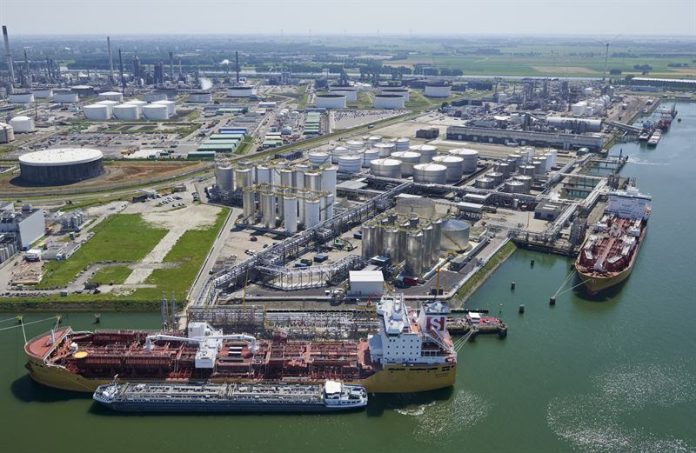Neste is boosting its chemical recycling capabilities through a partnership with Tepsa Netherlands, focusing on the storage and handling of liquefied waste plastic at the Port of Rotterdam. This collaboration involves the installation of advanced aggregation tanks, reflecting Neste’s commitment to enhancing its processing capabilities for liquefied waste plastic and promoting the circular economy. Following successful industrial-scale processing trials, Neste plans to increase the use of liquefied waste plastic as a raw material at its Porvoo refinery in Finland, transforming it into Neste RE™, a premium recycled feedstock for new plastics and chemicals.
The aggregation tanks will be strategically placed in Rotterdam to optimize supply chains and improve logistics. As Neste secures its supply of liquefied waste plastic from various suppliers across Europe, this major logistics hub provides excellent connectivity to the continent’s extensive infrastructure. The advanced tank system and surrounding facilities will ensure the safe and reliable storage of liquefied waste plastic. The planning and installation of these tanks have been carefully executed, highlighting the dedication of both companies to safety and quality. The tanks are expected to be operational in the latter half of 2025, aligning with the construction of upgraded processing facilities in Porvoo.
“The new aggregation tanks in Rotterdam are essential for optimizing our supply chain and achieving our ambitious liquefied waste plastic processing goals. We are continuously expanding our network of suppliers, and this new storage will significantly enhance our offtake flexibility. It paves the way for a more sustainable and circular plastics economy, and we are enthusiastic about the potential this collaboration offers,” said Andreas Teir, Head of Chemical Recycling at Neste.
“This partnership represents a major step forward in our long-term sustainability commitment and energy transition efforts. In the second half of 2025, we will begin storing liquefied waste plastic, diversifying our product range and reinforcing our leadership in the storage of more sustainable, low-carbon products. Building on our existing collaboration with Neste, this alliance supports our strategy to expand our service offerings and assist Neste in fostering a more sustainable and circular economy,” stated Bruno Hayem, CEO of Tepsa.
Neste is making strides in the chemical recycling of plastic waste, aiming to process over one million tons annually. To accommodate larger quantities of liquefied waste feed, the company is developing upgrading facilities with a capacity of 150,000 tons per year. This involves converting raw materials such as liquefied waste plastic and discarded rubber tires into high-quality feedstock for the production of new plastics.
To read more about Biomass Industry News, continue reading BioEnergyTimes.com















